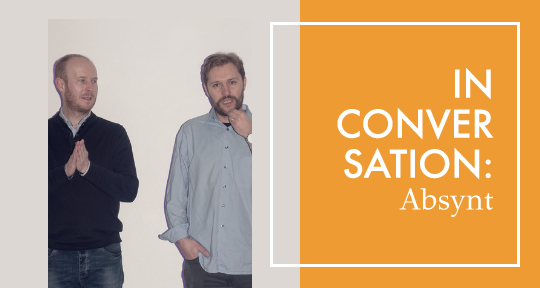Join the Asymptote Editors-at-Large for the first weekly roundup of the year as they bring to you dispatches on literary prizes, book festivals, and more! From opposition to the proposed “cultural canon” in Sweden, the Kenyan launch of Taban Lo Liyong’s most recent poetry collection, and the expert- and child-elected best children’s book in Croatia, read on to learn more!
Eva Wissting, Editor-at-Large, reporting from Sweden
Just before the Christmas holidays, on December 22, the Swedish Writers’ Union along with eight other Swedish organizations published a statement against a Swedish “cultural canon.” The statement is a response to a proposed formalized “Swedish cultural canon,” initiated by the new Swedish government and its Minister for Culture, Parisa Liljestrand. According to the organizations, a formalized Swedish cultural canon that would define the central Swedish literary and artistic works is “a very simplified way of trying to define culture and that the effect is rather to limit the breadth, diversity and variation in cultural activities.” Neighboring country Denmark introduced a very similar kind of formalized canon in 2006, “Kulturkanonen,” which was wildly debated. The canon was published in book form and on a website—the latter of which, however, was closed down six years later. Today, the formalized Danish canon is mostly forgotten, but it still dictates what is taught in high schools and colleges. Out of the fourteen Danish writers listed in this canon, Karen Blixen is the only woman, and several important names in Danish literary history are not included because they were considered too complicated for high school students. Whether a Swedish version of such a canon will be formalized remains to be seen.





